Understanding the many options for sweeteners out there can be confusing, especially given it’s so important to understand their differences. This ultimate guide will answer all your questions about sweeteners so you can better decide which ones are best for you.
As I shared in my post on How To Quit Sugar, too much added sugar in your diet is never a good thing.
You’d be surprised at how much "hidden" sugar the typical person consumes in a day.
I’ll tell you right off – it’s about 22 teaspoons. Yep, you heard right!
A soft drink, for example, has a whopping 39 grams of added sugar. A slice of whole-wheat bread has as much as 2-3 grams. And “fat-free” foods like yogurt simply replace the fat with sugar, coming out at 20 grams in a 5-ounce serving!
If you are looking at natural sugars, an 8-ounce glass of orange juice has about 21 grams of sugar. We are getting plenty of the sweet stuff from natural sources, and that’s why it is so important to limit our intake of added sugar.
So, it’s plain to see that making choices for a healthier way of living isn’t always clear-cut. And that’s the case exactly when it comes to sweeteners.
In this guide to sweeteners, we're going to unpack the sweetener dilemma to help you make better choices. I’ll answer a ton of questions to inform you better so that when you are deciding which added sweetener to use, you’ll feel comfortable in your choice.
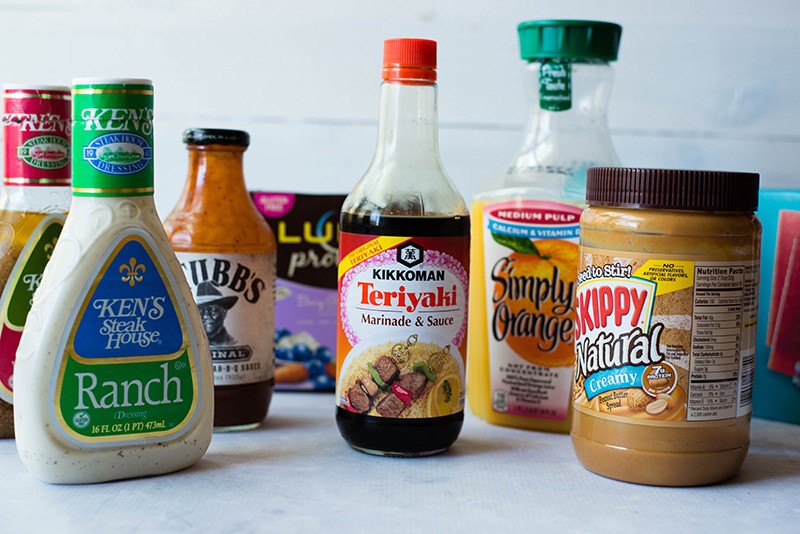
WHY IS TOO MUCH SUGAR BAD FOR YOU?
Too much added sugar (as opposed to natural sugars in fruits and veggies) can wreak havoc on the body and its systems. When you eat packaged foods (like muffins), highly processed stuff (such as granola bars packed with corn syrup), and items made with over-processed flour (like pasta and white bread), the sugar in these foods goes straight to the bloodstream.
This can result in spikes and crashes that leave you feeling horrible. Your body also has to fight to regulate things again, putting a strain on organs like the liver, heart, and pancreas.
Sugar also promotes the build-up of visceral fat – you often see this around the waistline, which means the fat is filling in around your organs. Your blood pressure can increase and the production of cancer- and disease-causing free radicals may be encouraged.
Other notable reasons to be aware of the sweeteners you use:
- If you're a sweet-toothed consumer, high sugar intake can train your brain to want even more
- Your metabolism can be affected and you can gain weight
- Sugar in excess is bad for your oral health
- Stress and over-indulgence in sugar are intertwined
These are just a few of the reasons to quit sugar, and to use sweeteners other than sugar in your baking, coffee, smoothies, sauces, and more.
Now, let’s get to those Q&A’s and then we’ll break down sweeteners.
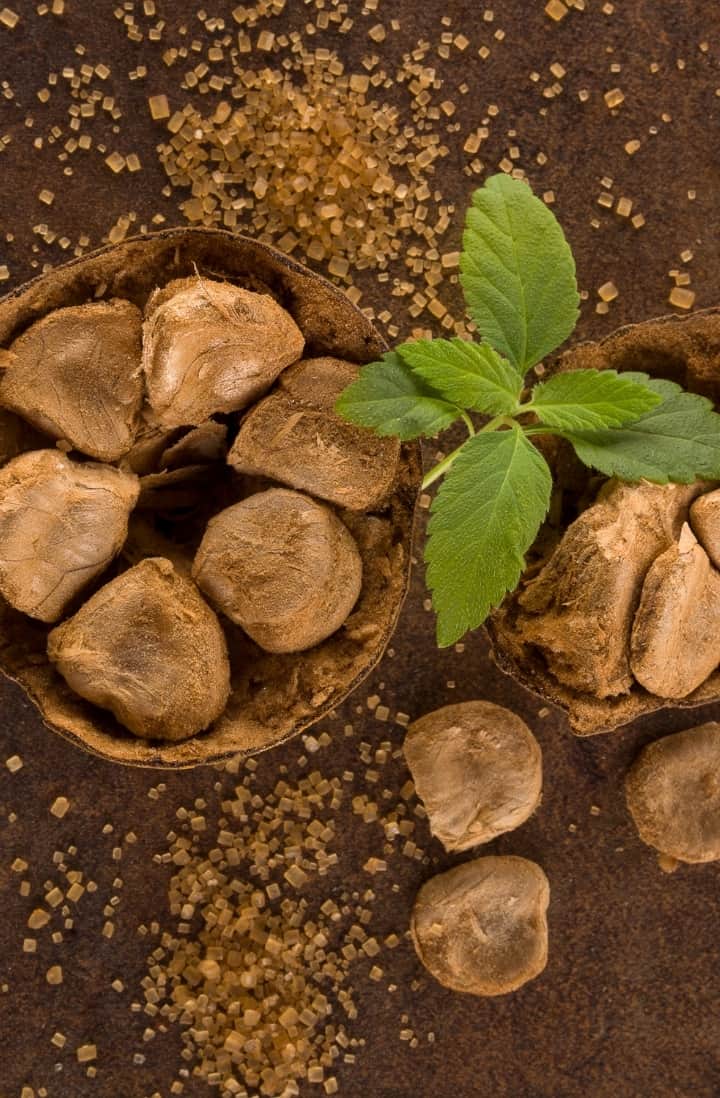
WHAT ARE SWEETENERS?
I’m going to refer to sweeteners in these two ways:
- Non-caloric (and very low-caloric) sweeteners: Non-caloric sweeteners are also referred to as sugar-free. These are products like stevia and erythritol. These sweeteners have no nutritional value. Stevia, for instance, is derived from the stevia leaf. Although the leaf does have nutritional value, most of the nutrients are lost in the processing. Stevia is 200-300 times sweeter than sugar.
- Caloric sweeteners: Caloric sweeteners are just as they sound – they have calories. These include raw honey and pure maple syrup.
WHY IS IT SO HARD TO QUIT SUGAR?
It’s hard to quit something that is everywhere! Sugar is found where you’d least expect it, and we all take in more than we realize. Our bodies are becoming sort of hard-wired for sweetness – it’s essential to clean living to change that.
Even if you are someone who reads labels, you may be surprised to learn that there are many different names for sugar, making it difficult to be sure of the sugar content in what you are buying. I list a lot of them in this post on hidden sugars.
HOW CAN I CUT BACK ON SWEETENERS?
Before we get into more information on sweeteners, let’s talk about cutting back on sugar in your day to day diet. If you're looking to make reducing your sugar intake a goal, these tips will help:
- Protein: When cutting back or quitting sugar, make sure that your protein intake is adequate. Protein gives you energy (and sugar withdrawal can leave you feeling drained) and can help you weather the “no sugar” storm. Choose chicken, nuts, and chickpeas to fill you up and keep you away from overly sweetened snacks.
- Fiber: Add more fiber to your day. Any natural sugar found in fibrous foods is absorbed slowly, ensuring that spikes and lows in your energy don’t happen. Fiber is also good for the digestive system.
- Water: Drink plenty of water. This is important no matter what. Try infused water or apple cider vinegar in water which has tons of benefits.
- Labels: It’s important to read the labels of the products you are buying. Many of the foods on the shelves have hidden sugars (I’ve written a post), adding to the sweeteners you are trying to cut down on.
- Exercise: Exercise is essential to a healthy lifestyle but even more so when you are trying to make changes like reducing your sugar intake. Aim for activity every day, at a time that works for you so you are motivated to get out the door.
- Healthy sweeteners: We’ll get more into this later, but choose healthy sugar alternatives as you work towards cutting down. For example, swap refined white sugar for coconut sugar.
- Stress and emotions: Accept that changing your sugar habits is not possible overnight. Sure, some people try to quit cold turkey (and some succeed), but adding stress and guilt over a major change just makes it harder. Watch my journey to a healthy lifestyle and you’ll see what I mean!
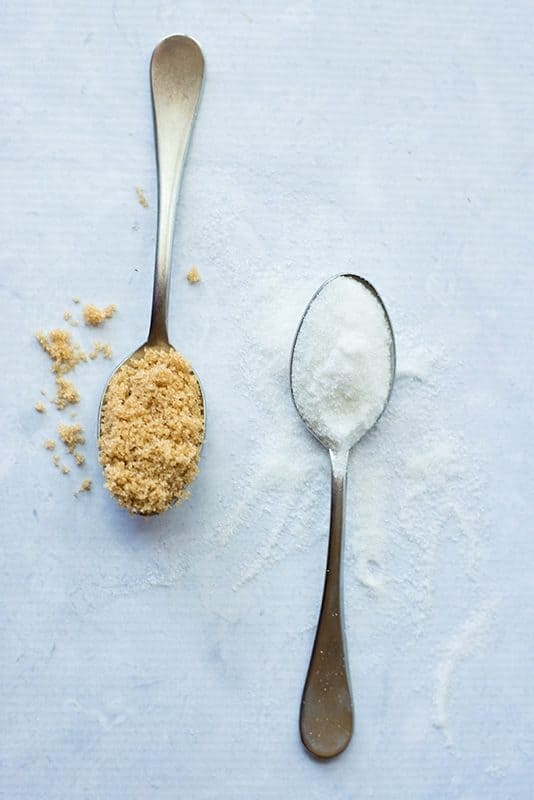
WHY USE SUGAR-FREE SWEETENERS?
There are a few reasons, one being that a sugar-free sweetener is necessary if you are diabetic or have other reasons to monitor your blood sugar. Diabetics can suffer from additional health problems like nerve damage and cardiovascular disease, so it’s really important to keep things under control.
People on a weight loss journey may not want to consume the extra calories that sugar can bring to the table, and will benefit from choosing a sugar-free sweetener. A person prone to dental problems will want to use a sugar-free sweetener like erythritol because it does not cause tooth damage. In fact, it is good for your oral health.
WHAT SUGAR-FREE SWEETENER DOES NOT HAVE AN AFTERTASTE?
Non-caloric sweeteners can have an aftertaste that is noticeable in its unusual flavor, whereas natural caloric sweeteners (like honey and maple syrup) do not.
- Stevia is sometimes described as tasting metallic
- Erythritol has a cooling effect when tasted that some may not like
- Xylitol has a cool taste as well
- Monk fruit does not have an aftertaste (and it has benefits!)
It’s really a matter of taste, though. It depends on how much sweetness you are used to. My rule of thumb is to always use the least amount of sweetener possible to get the taste I want.
That goes for baking, too. If you make a loaf, pie, or cake that’s not quite sweet enough, top it with a dollop of keto whipped cream!
WHAT IS THE BEST TASTING KETO SWEETENER?
My research points to monk fruit as the best tasting sweetener for those on a keto diet. A little bit goes a long way and it doesn’t leave an aftertaste.
WHAT IS THE BEST SUGAR SUBSTITUTE FOR BAKING?
Raw honey, as a replacement for refined sugar, is a popular go-to. The fact that it is natural and does not undergo processing makes it a top choice. Honey has anti-oxidants, minerals, and vitamins, along with benefits. I like to use raw honey in most of my recipes, but there is evidence that the enzymes in raw honey are broken down when heated.
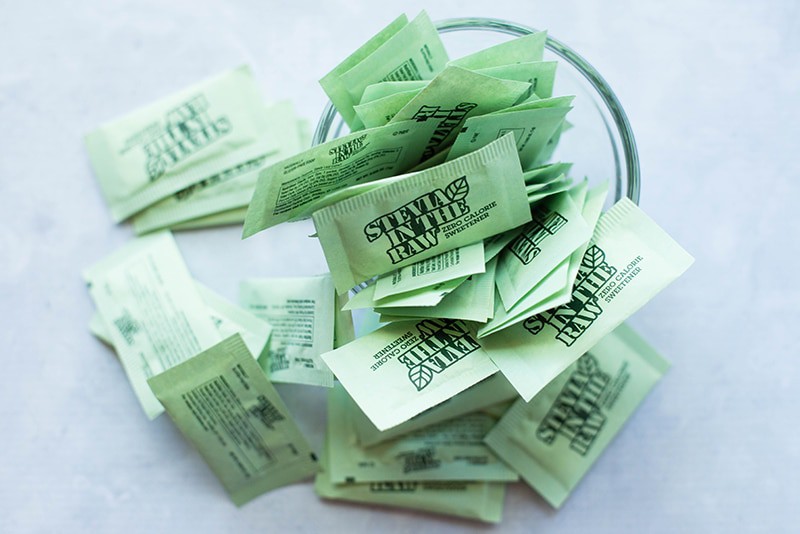
WHAT IS THE HEALTHIEST ALTERNATIVE TO SUGAR?
The best alternative is the one that helps you control your need for sweeteners. I know, it’s not a straight answer, but every sweetener, whether caloric or non-caloric has its pros and cons. We’re going to look at that now. We’ll break it all down so you can make an informed choice.
It’s important to note that sugar-free sweeteners can often have bulking agents like dextrose (sugar!) mixed in. Read the label before you buy to make sure you know what you are getting.
GUIDE TO THE BEST NON AND LOW-CALORIC SWEETENERS
1. STEVIA
Stevia is 200 to 300 times sweeter than refined sugar. It doesn’t have calories, which makes it a popular choice for many people. It does not break a fast because it does not raise your blood sugar level.
Stevia comes in a tincture, as a powder, and granulated. My research shows that stevia is only considered clean-eating in the drops form as the other two are more processed. Only a little bit of stevia is needed, so you have to be careful. It is easy to overdo it.
Stevia is often mixed with erythritol to lessen the sweetness or in packets to make them a comparable size to other sweetener packets, or spoon for spoon with sugar for measuring in recipes. Stevia may have an aftertaste for some people.
2. ERYTHRITOL
Erythritol in granulated and powder form measures equally to sugar, which makes it convenient when baking. However, erythritol may cause a cooling effect when tasted. This sweetener is also low-calorie and does not raise blood sugar or insulin levels.
It’s a popular choice but if you use too much of it, you may experience digestive issues like bloating. The great thing about this sweetener is that it is good for your oral health in that it may prevent cavities.
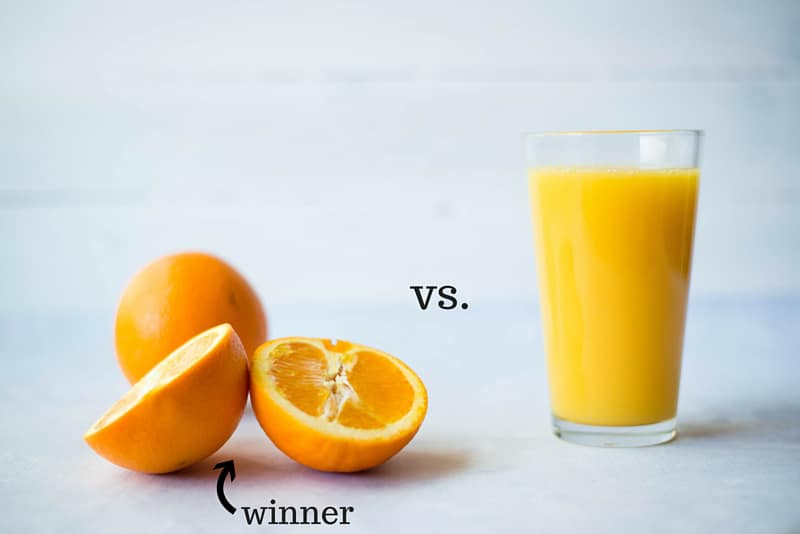
3. XYLITOL
Xylitol does affect blood sugar, but the impact is minimal. It also benefits dental health the same as erythritol does. It also has the same cooling effect in the mouth as erythritol, and can also cause digestive issues. The reason for this is that this sweetener is only partially absorbed by the body and the rest is fermented in the colon. Xylitol is low-calorie and is considered a clean-eating choice.
Be careful with xylitol; it is highly toxic to dogs and even a small amount can be fatal to them. Store it safely away and that goes for baked goods also.
4. MONK FRUIT
If you want full details on monk fruit, take a look at my post. But in a nutshell, this naturally occurring sugar is 200 times sweeter than table sugar. If you buy pure monk fruit with nothing added, it is considered clean and does not break a fast. Often though, it can be mixed with ingredients like dextrose to lower the sweet flavor profile.
There is no aftertaste with this up and coming sweetener. Monk fruit is a healthy alternative with several benefits, including anti-cancer properties. For non-caloric sweeteners, monk fruit is my all-around favorite.
5. YACON SYRUP
Yacon syrup is sort of the new kid on the block when it comes to sweeteners. It is low-calorie and is garnering a name for itself as a weight-loss tool. Even though it has digestible sugars like fructose and sucrose, this sweetener is not fully digested so is classified as low sugar. The fructans in yacon syrup are a dietary fiber component, making it a healthy choice.
This sweetener can cause digestive issues, so use it gradually and work your way up, judging your tolerance. It isn’t super nutritious but does have potassium and may have anti-cancer and antioxidant properties.
A NOTE ON SUGAR ALCOHOLS: ARE SUGAR ALCOHOLS CLEAN-EATING?
I feel that because they are so processed, sugar alcohols are not clean-eating sweeteners.
Whether or not they break a fast is up for debate. Research shows that the two most commonly used (Splenda and Equal) are thought to break a fast due to an insulin response with consistent use. However, controlled trials point to zero and low calorie sweeteners not affecting blood glucose. If you are intermittent fasting, it may be a good idea to avoid them when in the fasting window. I don’t consider sugar alcohols, also called non nutritive sweeteners, healthy alternatives because of the controversy surrounding them, and that they are so highly processed and created in a lab.
These include the following:
1. ASPARTAME
Aspartame is sold as the packaged sweeteners Equal, Sugar Twin, and Nutrasweet. It’s pretty popular and is contained in a lot of what we know as “diet foods.” Aspartame is found in foods like some types of gum, sugar-free ice cream, and diet soda. There is controversy over the use of aspartame, and is thought to be linked to cancer, depression, Alzheimer’s, and multiple sclerosis, among others. Research is divided, but there is a general consensus that aspartame (200 times as sweet as sugar) should be used in moderation, just like any other sweetener.
2. SACCHARIN
We know this best as Sweet ‘N Low and Sweet Twin. Despite much controversy early on, saccharin has been deemed non-carcinogenic.
Sweet ‘N Low has 300 to 500 times the sweetness of sugar. Saccharin for sale typically contains dextrose to make it easily measurable. Like aspartame, saccharin is added to foods like soft drinks and baked goods.
3. SUCRALOSE
Sucralose is commercially sold as Splenda. Sucralose is calorie-free, but when made into Splenda, dextrose and maltodextrin are added, bringing the calorie count to just over 3 calories per gram. As far as sweetness goes, it’s 400 to 700 times as sweet as sugar. Sucralose has been noted in studies as being problematic for a few reasons, including when heated because it may break down and interact with ingredients like glycerol, potentially raising the risk of cancer. Of course, research is always ongoing, but when baking, it’s likely best to use another sweetener.
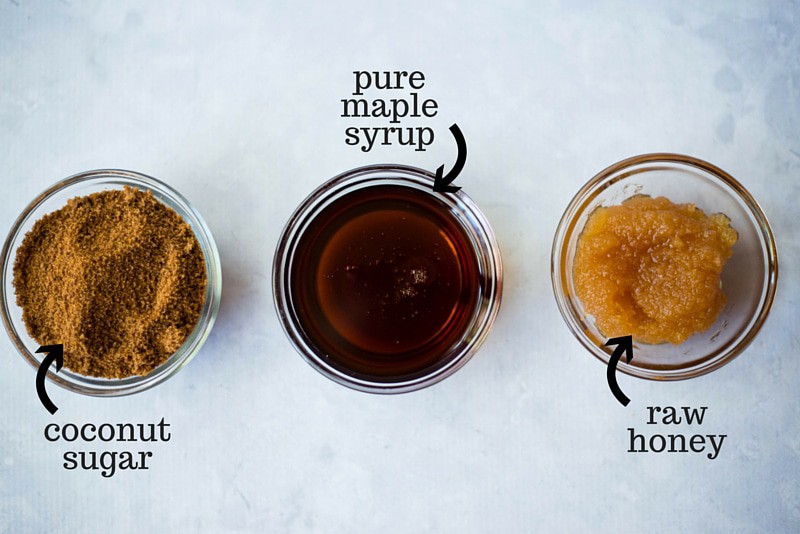
GUIDE TO THE BEST CALORIC SWEETENERS
1. RAW HONEY
Raw honey is a great clean-eating sweetener. The propolis contained in honey has anti-cancer properties, infection-fighting properties, and antibacterial and anti-inflammatory benefits. Raw honey is a powerhouse of goodness, really! Remember, when buying honey, to purchase unpasteurized products to get the full benefits.
2. PURE MAPLE SYRUP
Pure maple syrup is an excellent sweetener because, like honey, there is no heavy-duty refining process to harvest the product. Maple syrup has antioxidants and nutrients, along with anti-inflammatory properties. It’s one of my favorites to use as a clean-eating sweetener because I know it’s full of good things.
3. COCONUT SUGAR
I use coconut sugar a fair amount when baking. The inulin in coconut sugar is known to slow glucose absorption, making it an excellent choice as a clean-eating sweetener. It’s unrefined but has the granular texture of refined sugar and that makes it super simple to measure when using it in a recipe. Coconut sugar has iron and calcium, among other nutrients.
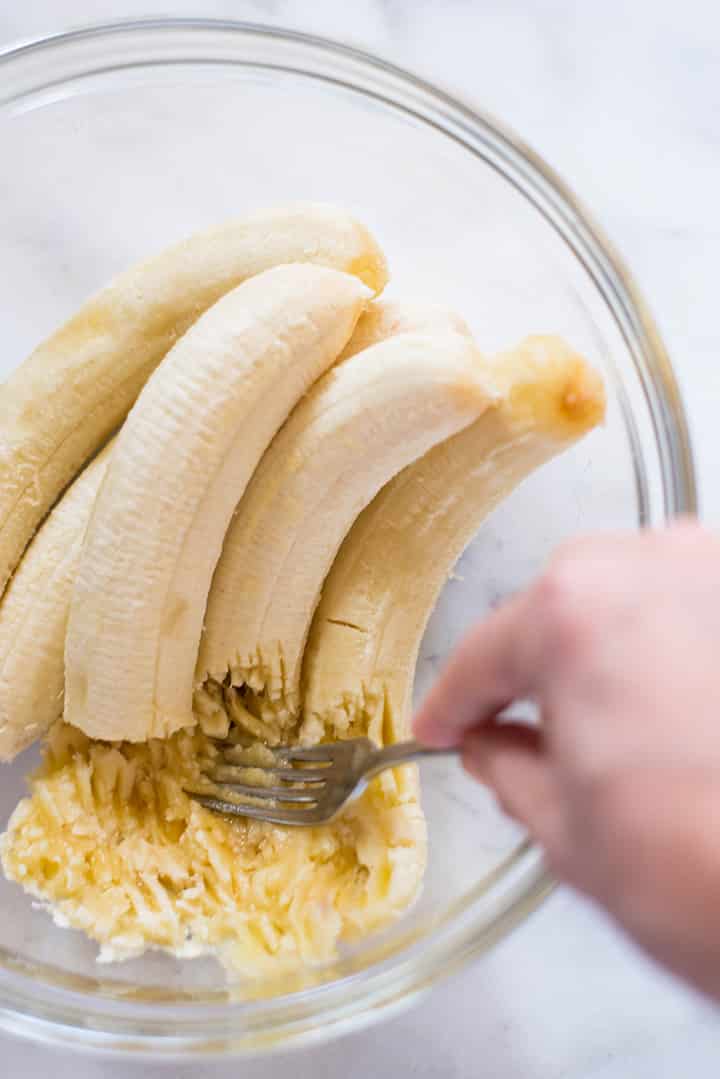
4. DATES AND OTHER FRUITS
You can make date paste from dried dates. This sweetener gives you a good dose of fiber while sweetening your food. Dates don’t cause a spike in blood sugar levels and they taste great, too. I use dates in a lot of recipes, running them through the food processor to make the paste. Bananas are another excellent way to sweeten foods. Fruit as a sweetener is a top-notch choice for a clean-eating lifestyle.
5. MOLASSES
When sugar beet juice or cane sugar is boiled, the result is a thick syrup called molasses. Blackstrap is very concentrated and has lots of good things going for it. The potassium in it is good for your blood pressure and the selenium and calcium boost bone health. It does go through some processing, so is not typically considered a clean-eating choice.
WHY AVOID AGAVE SYRUP?
Agave syrup, or agave nectar, has a lot of fructose in it. This makes it almost worse than refined sugar. Cancer, obesity, and illnesses like diabetes and irritable bowel syndrome are linked to excessive fructose. So, even though agave nectar has the same amount of calories per teaspoon as honey, agave contains 70 to 90% fructose compared to honey at 40%.
Agave syrup is promoted as a food low on the glycemic index, meaning it does not cause sugar spikes since it’s absorbed slowly. That is about the only thing going for it.
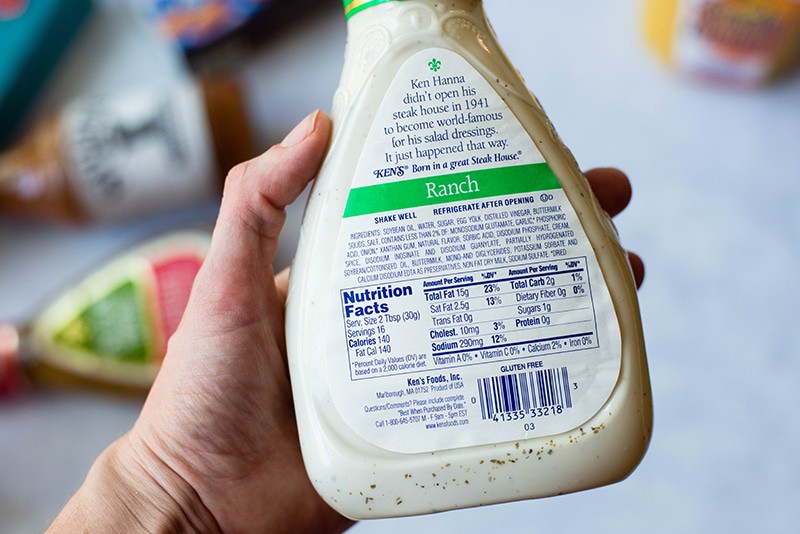
MORE POSTS ON SWEETENERS
I've written a few posts on sugar if you'd like to see more:
- How to Quit Sugar: The 7 Steps I Took To Finally Quit Sugar And How You Can, Too!
- 7 Healthy Sugar Substitutes + One I NEVER Use
- 6 Easy Ways to Spot Hidden Sugars in Foods + 12 Foods That Have Shockingly More Sugar Than You Think
- The 15 Best Foods to Lower Your Blood Sugar
- Is Coconut Sugar Healthy?
- What's So Great About Monk Fruit? PLUS: 5 Impressive Benefits of Monk Fruit
This post contains affiliate links for products I use regularly and highly recommend.

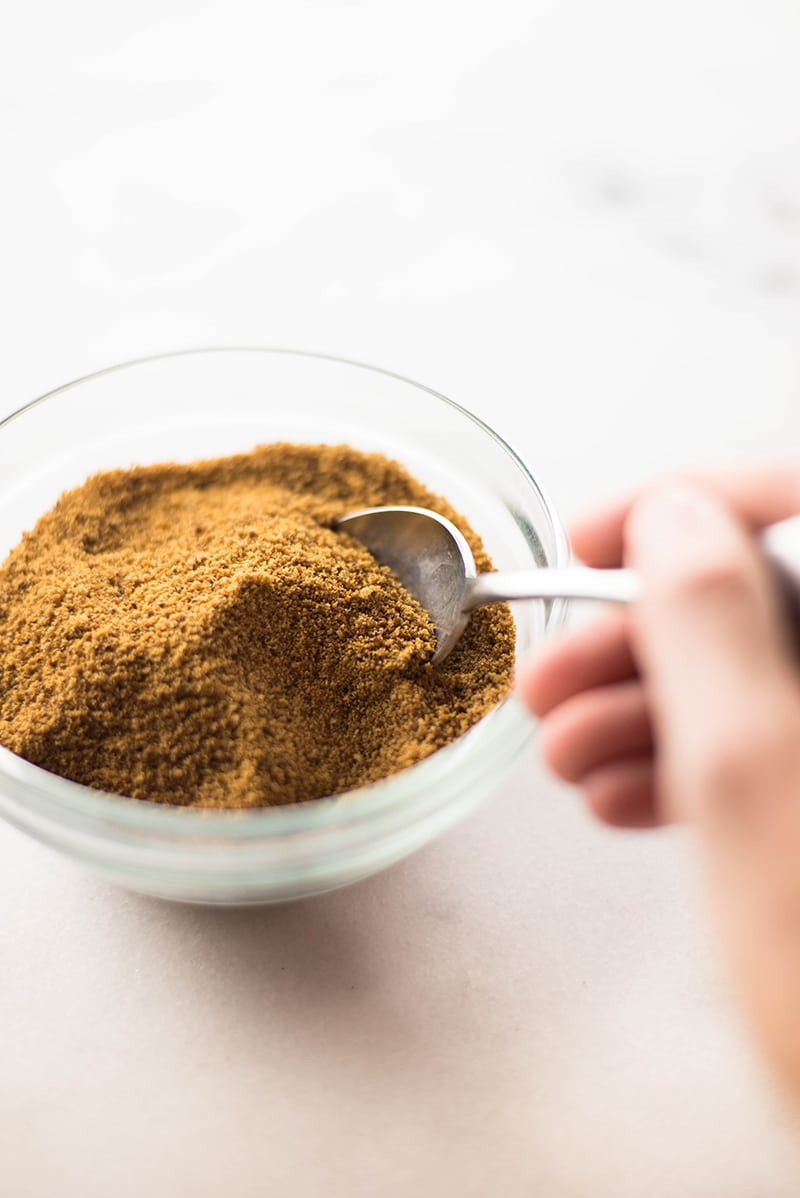
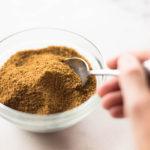
S
Lacey, It would be really helpful if you added comments about each sweetner pertaining to what each does to blood sugar. One doctor I read said the only two that do not have an effect are: Stevia, and erythritol. Also there is a relatively new sweetner, Allulose which many bloggers do not mention. Thank you.
Kathy Owen
Good Morning.
I found you on youtube when i searched can you still lose weight with intermittent fasting and not do keto. I have been doing strict keto for 30 days. I just can't keep this up it's to restrictive! I miss BREAD. I miss veggies! That's when I stumbled across you.